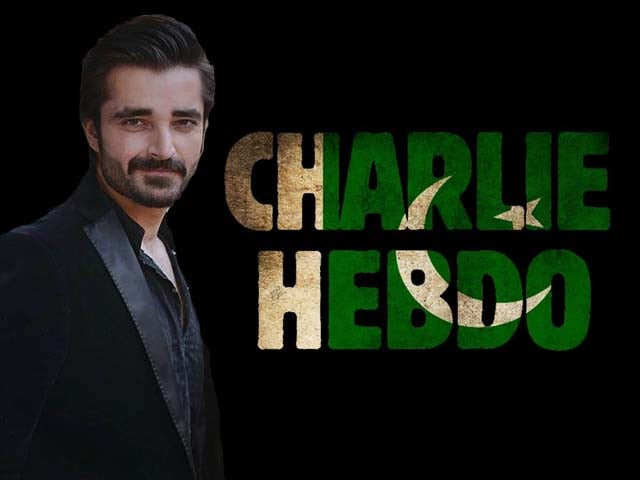Since Charlie Hebdo and its counterparts made headlines, my mind has been whizzing with questions of determining where I stand on the issue. It’s clear that I appreciate the limitless power of the pen but I’m certain I also respect the sentiments of those who read my words. The question I have stopped dead at is plain: is the freedom to write whatever I want my right or a privilege?
When I studied for my first drivers test in Toronto, my preparation booklet was bold and clear in reminding me that driving was my privilege, not a right. I thought about it long and hard, considering whether that was a fair assumption. I knew just next-door in America, everything is a right. Soon it made sense because I realised it was a way of ensuring you value what you’ve been given. Rights appear to have lost their value in the first world because they come easy. Privilege, on the other hand, is a reminder of the elevated position you are in.
A similar mode of thought should be applied to freedom of expression, whereby we all have the means of accessing it to its strength, without abusing it. Naturally, this brings us to the next leg in the web of debate, what is to be considered the abuse of privilege. Where do we set the boundary?
For every community in the global sphere, there is a hot nerve – whether it’s the Nazi symbol or denial of the holocaust for the Jews, the debate on Karbala for the Shiite Muslims, racist attitudes towards the African Americans, or the depiction of the Holy Prophet Muhammad (pbuh) for the entire Muslim community, regardless of sect.
Many have tried to say this and I’ll say it again – freedom of expression gives you the chance to say what you want to but to find the line between expression and hate is an exercise that must be performed. To cloud offensive images under the freedom of expression banner is ridiculous, for the global hypocrisy in freedom of speech is evident.
Last week, Facebook chose to ban Pakistani actor Hamza Ali Abbasi’s post due to an apparent ‘violation of community standards’. When the hypocrisy of their actions was put in the limelight, a quick and rare apology followed. I have personally read far worse on Facebook to know that their application of hate speech control is very selective in its manner.
 Photo: Facebook
Photo: Facebook Apology from Facebook team member, Justin Osofsky. Photo: Hamza Ali Abbasi's Facebook Page
Apology from Facebook team member, Justin Osofsky. Photo: Hamza Ali Abbasi's Facebook PageIt’s also fair to look at what exactly offends the Muslim community world over. Not every joke on religion receives a terrorist response. Achmed the dead terrorist was a popular character for Muslims and non-Muslims alike, because the jokes were funny. Jokes on 72 virgins, the burqa, terrorists, and Shariah have all been seen and heard in stand-up shows, comics and books alike. The problem arises only when the depiction of the Prophet (pbuh) is made. Why can’t the world and its publications decide to understand that perhaps that is just where the line has to be drawn? Not out of the fear of terrorism, or out of sacrifice on their freedom of expression, but out of plain humanity, empathy and compassion.
The French magazine, after the attack, displayed the cartoon of the Prophet (pbuh) on its cover as a response to the terrorism. Suddenly, the circulation numbers have jumped from 60,000 to three million in “solidarity”. The action of reprinting hurtful images is not one of bravery but of malice.
I just want to tell the editors at the magazine – you can be offensive to us (and please do) but try and be a little more creative. Show us what you’ve got without needing the depiction of the man himself; you’ll be surprised to see no one would care.


COMMENTS
Comments are moderated and generally will be posted if they are on-topic and not abusive.
For more information, please see our Comments FAQ